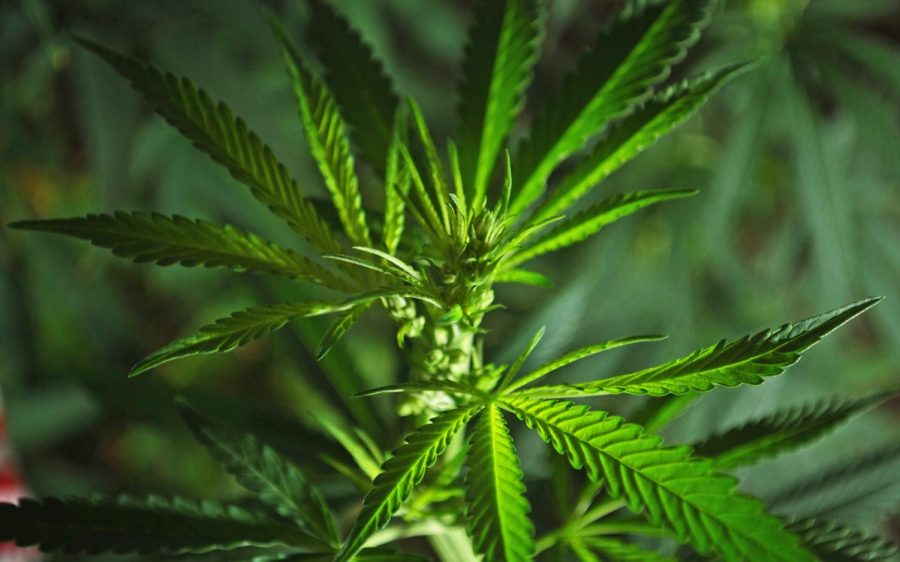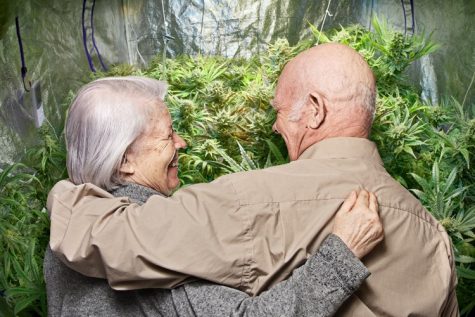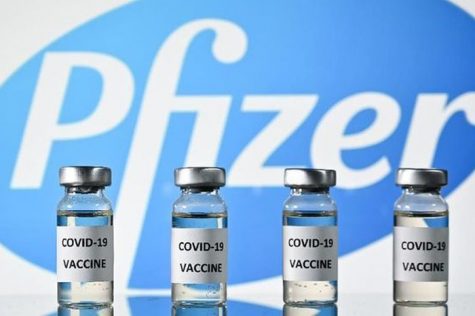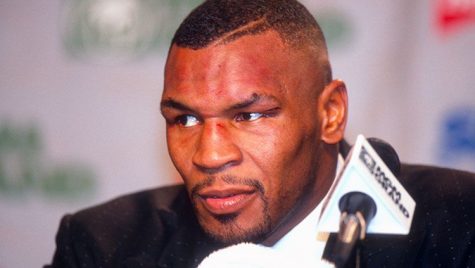Doctors highly support medical cannabis for children with cancer
A new study found health care professionals who care for children with cancer would be willing to help them get medical cannabis.
In the survey, which was published in Pediatrics, 85 percent of providers who were certified to provide access to medical cannabis would be willing to help children with cancer access it, compared to 95 percent of their colleagues who lacked the ability to provide it.
These providers who are able to provide patients with medical cannabis, also showed less support of children smoking the drug or using oral formulations, although they were in favor of carrying out clinical trials to investigate its use in children.
“Several studies over the past decade have ascertained that physicians are apprehensive about adult use of medical marijauna,” said Prasanna Ananth, MD, MPH, a pediatric oncologist/hematologist at Yale School of Medicine in New Haven, Connecticut, and fellow researchers. “This reluctance appears to be driven by the potential for side effects, scant high-quality scientific data, unclear dosage guidelines and a lack of regulatory oversight by the FDA, unlike other therapeutic and supportive care drugs.”
The concerns increase when it comes to children and teens using the drug for medical purposes, “particularly because habitual marijuana use is associated with dependence, impaired neurocognitive development, and poor academic achievement in children,” the authors wrote. “Recommending medical marijuana may thus be fundamentally problematic for physicians who are accustomed to evidence-based practice, as they cannot be assured by empirical data that benefits outweigh possible harm.”
The researchers sent a survey to 654 doctors, nurse practitioners, physician assistants, psychologists, social workers and registered nurses who care primarily for children with cancer at Dana-Farber/Boston Children’s Cancer and Blood Disorders Center, Ann & Robert H. Lurie Children’s Hospital of Chicago and Seattle Children’s Hospital Cancer and Blood Disorders Center. The providers ranged from 22 to 70 years old, half of them being under age 35. Nearly all of them were white (except 8 percent) and 85 percent were women.
Most of the providers, 86 percent, responding knew medical cannabis was legal in their state. However, four out of 10 of providers did not know federal law prohibits use of medical cannabis, including a quarter of those eligible to certify and half of those who could not provide access. In addition, only 5 percent of the providers knew regulations specific to their state pertaining to medical cannabis.
“Given burgeoning interest in medical marijuana, especially in oncology care, it is critical that providers who are routinely approached for access to medical marijuana possess baseline knowledge on regulations, known benefits and harm,” the authors wrote.

















